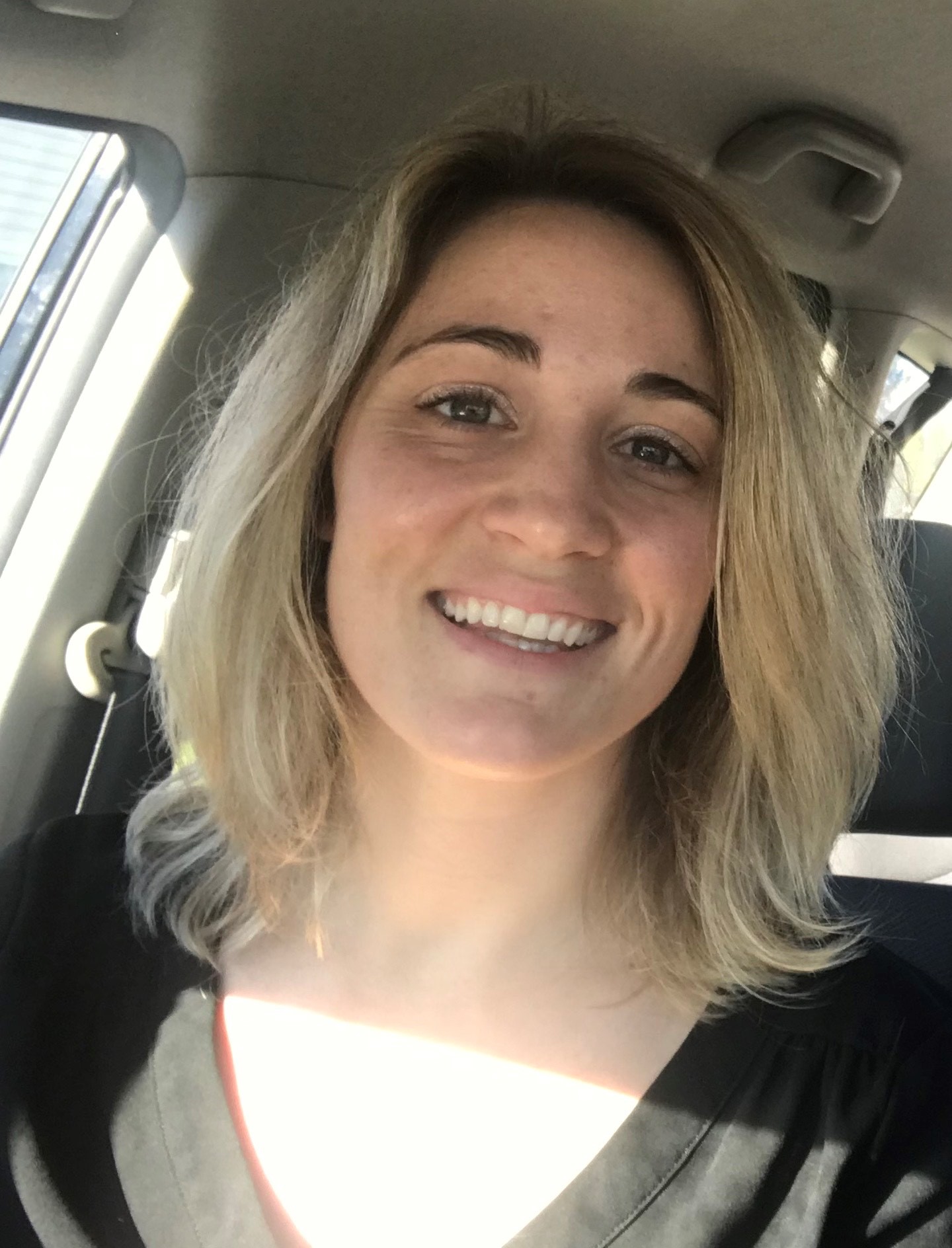Allison Landry

Five years ago I remember holding a pen to sign disability papers after being seen by several physicians who were unsure how to handle my case. I was stunned since I live in Philadelphia, which has many medical specialists. If you’ve ever watched the show, “House”, I felt like I was one of his mysterious cases.
In my early twenties, I watched my life disappear in front of me. Barely making it through a work day, peeing every 20 minutes, being unable to sit for prolonged periods of time and the chronic burning that would not go away. Netflix, an ice pack and my couch were my coping strategies.
One of the most difficult aspects of the experience was feeling isolated and most people I encountered didn’t know how to respond. I would often hear the comment “you look fine” and became very resentful of having an invisible illness, wishing people could understand the daily pain I endured. I continued to attend events, because I didn’t want to miss out, and pushed myself to manage the pain the best that I could. In hindsight, I would recommend setting boundaries, attending events you can tolerate and not feeling the need to justify yourself.
Fortunately, during this part of my journey I walked into a PT clinic that guided me to an “A Team” of professionals that changed my life. Prior to this diagnosis, I was constantly stressed, had limited energy, and lived in the future.
My journey with vulvodynia has changed my perspective on how I approach life. Now I take time for self-care and trust my intuition. There was a point where I hit rock bottom and did not know if I could muster the strength to move forward, but I put one foot in front of the other and leaned in. My pelvic pain provider and physical therapist were excellent, using various treatment methods, but I only felt 75 percent better and kept seeking a full recovery. The final treatment component that helped me to move forward was therapy, both individual and couples counseling. What I learned in therapy substantially contributed to how I managed chronic pain on a daily basis.
Limiting stress, being more present, and consistently practicing strategies for coping with chronic pain have gotten me to the point where I run half marathons, am intimate with my husband, and enjoy life. If I was asked five years ago what my life would look like in the future, I would have responded, “A life of daily, debilitating pain”. I am amazed at the opportunities that have occurred, new relationships I have made along the way, the amount of strength I have, and the wonderful support I have experienced. The best advice I can give to someone who is recently diagnosed is, “don’t give up” and “trust what your body is telling you.”